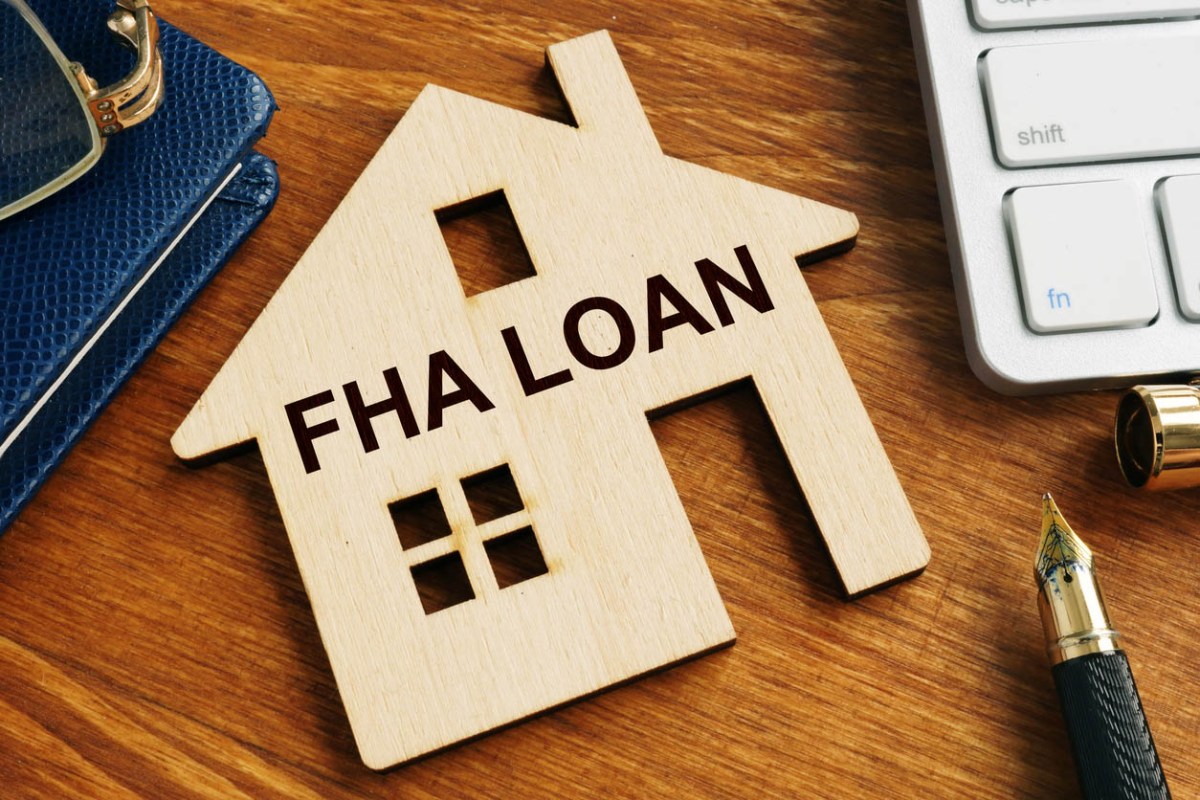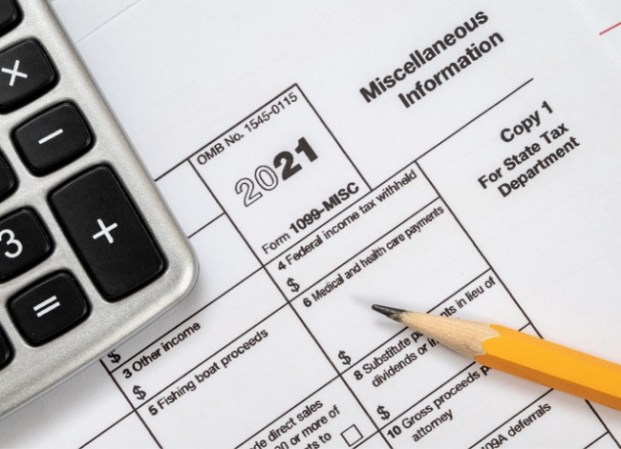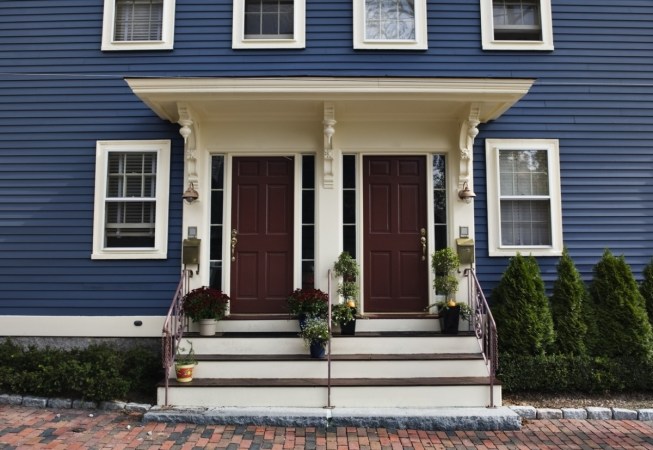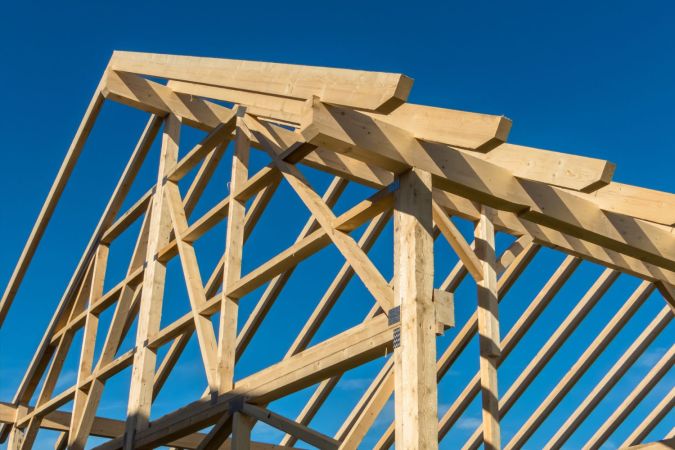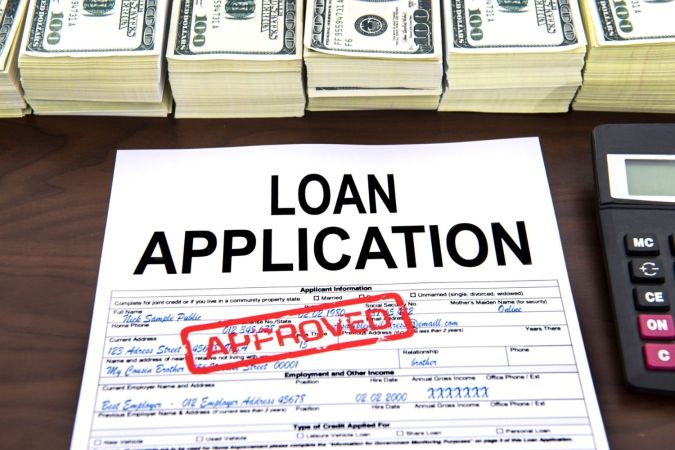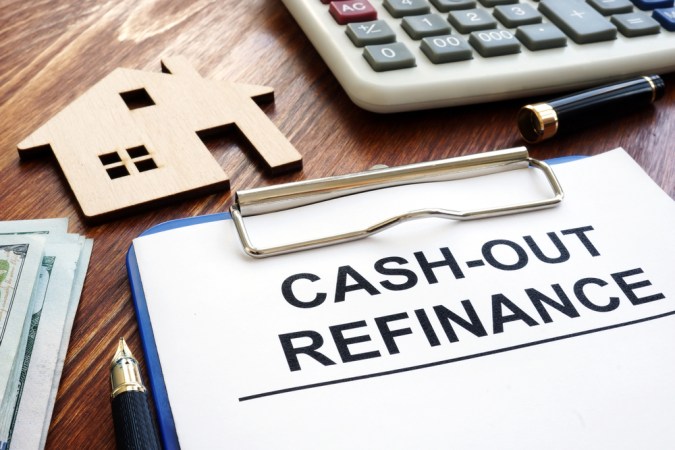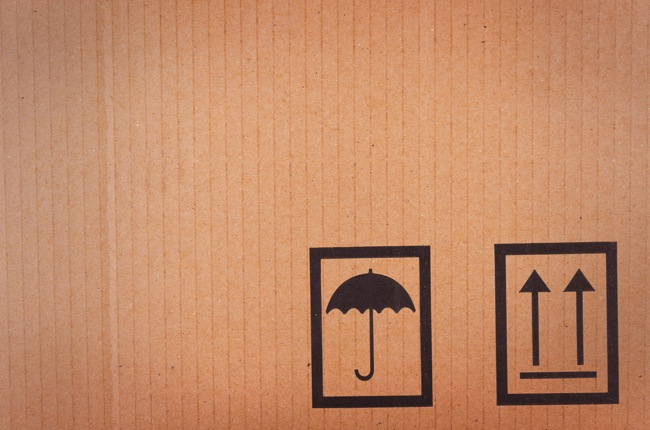We may earn revenue from the products available on this page and participate in affiliate programs. Learn More ›
Q: We’ve been trying to save for a home for years, but with rent being sky-high we haven’t been able to save enough. Our credit is good, and we make enough money to make monthly payments, but we haven’t even started looking for a house because our down payment won’t be enough. A coworker suggested we look into an FHA loan. What is an FHA home loan? Will it help us?
A: In all likelihood, yes. An FHA loan is guaranteed by the Federal Housing Administration, which means that lenders may be more willing to take a chance on buyers with low down payments, lower credit scores, or high debt-to-income ratios. It’s hard to save for a down payment if you’re renting and just scraping by, but it sounds like you’ll be able to make your monthly mortgage payments if you can get over the hump of the down payment and closing costs. An FHA loan is designed to help with those specific problems to make it easier for a low-income or a first-time home buyer to get into a house and start building equity instead of paying rent. There are some requirements and limitations you’ll want to take into account, however, such as slightly higher interest rates and private mortgage insurance. An FHA loan might be right for your situation; consider the benefits and potential drawbacks and find out.
An FHA loan is a government-provided mortgage that is insured by the FHA (Federal Housing Administration).
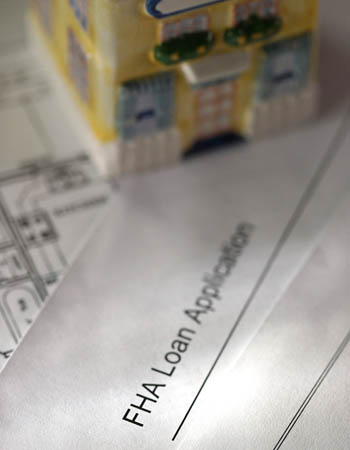
When you borrow money from a lender to buy a home, the only collateral you have to offer the lender in the event that you default is the home itself and the property on which it sits. While that may seem like it’s an even trade—they lend you the money, you offer the house in exchange if you can’t pay—it’s actually a huge risk for the lender. Housing prices shift, so if you can’t pay your mortgage and the lender tries to sell the house to recoup their losses, they may find that the home is no longer worth what you still owe—plus the lender is also then on the hook for administrative costs in filing the foreclosure, paying legal fees, and paying commissions to real estate agents. As a result, lenders for traditional mortgages limit their borrowers to those with excellent credit who have shown the discipline and income to save up significant down payments. Those borrowers are less likely to default on their loans.
An FHA loan alleviates some of this risk. The Federal Housing Administration, concerned that homeownership was out of reach for those who might be able to make monthly payments but cannot save enough for a large down payment, or who may have made some credit mistakes in the past, decided that they could insure a class of loans designed to help those borrowers. The FHA guarantees that if a buyer defaults on one of its loans, the lender won’t suffer the financial loss. As a result, lenders can confidently offer FHA loans to buyers with lower credit scores and lower down payments. Because it is so difficult to amass a down payment when you’re also paying rent, FHA loans are a great option for first-time home buyers, who don’t have an existing home to sell and profit from.
An FHA loan typically entails lower closing costs and a lower down payment on a home.
You’ve chosen a home, budgeted your down payment and monthly payments, applied for homeowners insurance, and figured out your taxes. You’re ready to go! But wait: Don’t forget about closing costs. For some borrowers, the closing costs (which include appraisal fees, loan origination and application fees, prepaid interest, title insurance, and a host of other payments) are still on the table. These costs can mount quickly and can make the home purchase prohibitively expensive. To facilitate home ownership by lower-income buyers, the FHA places limits on the closing costs for FHA mortgages: Lenders can charge no more than 3 to 5 percent of the home purchase price at closing. The FHA does allow sellers or lenders to absorb some of the closing costs to meet this standard, which can be a negotiating point with the seller when settling on the purchase price of the home.
How much is a down payment on a house? In the past, it was expected that a buyer would be prepared to put down 20 percent of the home price when closing on a mortgage. That secured enough equity in the home that lenders felt a buyer would have a vested stake in the home and would be less likely to default. And if they did default, the 20 percent would act as a cushion against the bank’s loss. With housing prices soaring, coming up with 20 percent of a home’s purchase price is out of reach for even the most dedicated buyers. FHA loans require a minimum down payment of 3.5 percent for borrowers with credit scores higher than 580. For borrowers with lower credit scores in the 500 to 579 range, the down payment will increase to 10 percent. This can get borrowers who haven’t been able to save significantly into homes faster so that their monthly payment can begin to build equity instead of going toward rent.

It’s typically easier to qualify for an FHA loan, which requires a credit score lower than what a conventional loan requires and is a great option for lower-income home buyers.
For borrowers with poor credit scores or those who have very little credit history, securing a home loan can be a difficult climb. Traditional mortgages often require a FICO credit score of at least 620 for potential buyers to even be considered for a mortgage. For lower-income buyers who may not have a significant history of credit, achieving this score can be nearly impossible, as it requires months and years of on-time payments on a variety of types of credit accounts. Because credit problems remain on one’s credit record for seven years, clearing up bad credit can take some time. FHA loans can be issued to borrowers with a FICO score as low as 500. Those borrowers will pay a slightly higher down payment than borrowers with better credit scores so that they absorb some of the risk of the loan, but they can apply without worrying that they’ll be dismissed just because of a lower credit score.
If you’re planning on buying a home in the near future, it’s a good idea to start looking at your credit now. Safely access a free copy of your credit report from the Federal Trade Commission, which will connect you to the various credit bureaus. You can also purchase a copy of your credit score. The report is a trove of information, and you should study it closely. Make sure that all of the accounts listed are actually yours and that the payment information is accurate. From the credit report, you can connect directly to the credit bureaus to dispute any information that is incorrect. Errors can take some time to correct, so start this process early.
FHA loans are available in 15-year and 30-year terms and have fixed interest rates.
Some mortgages allow borrowers to customize their loan term and play with loan repayment options, such as paying interest only at the beginning and then facing a sharp rise in monthly costs, or drawing borrowers in with a low fixed rate for a few years, then opening up the gamble of variable rates for the remainder of the mortgage. As the purpose of an FHA loan is to increase stable homeownership numbers, the FHA restricts the terms and rates of their loans to make it more likely that borrowers will be able to carefully plan and budget to improve their credit and remain in their homes in good standing.
FHA loans have fixed interest rates. There are no introductory period rates, incentives, or rate changes after a certain number of years; the rate you’re given at the origination of your loan will be the rate you’re paying when you complete the loan, barring a refinance or recasting (recalculating the monthly payment) of your loan. There’s no negotiation to be done here, and it’s intended to protect less-qualified borrowers from predatory lenders.
Standard loan terms for FHA mortgages are 15 and 30 years. Depending on the amount of cash you have on hand and the size of the monthly payments you can make, a 15-year term may be a good option. Since 15-year terms have lower interest rates, you’ll pay less interest overall because of the shorter time you’ll have the loan. However, the monthly payments will be significantly larger than those for a longer-term loan—for many borrowers, they’ll be too large. In that case, a 30-year mortgage will incur a slightly higher interest rate but will allow you to spread the payments over 30 years and reduce your monthly obligation. Either term keeps your payments consistent over the life of the loan (with some slight variation based on local taxes and insurance premium increases), making it easy to plan and budget. Also, FHA loans do not have a penalty for paying off the loan early, so as your income increases or you have additional funds available, you can pay extra each month to reduce the principal of the loan and complete your payments early.

There are certain requirements to qualify for an FHA loan.
While the credit score and down payment requirements are lower for FHA borrowers, there are a number of fairly significant restrictions. First, an FHA loan is only available to purchase your primary residence. If you have the funds to purchase a second or investment property, the FHA will not secure a second loan for you. You must have proof of current employment and steady income to show that you’ll be able to make your monthly payments. The down payment requirements vary based on your credit score: 3.5 percent for those with a credit score of at least 580, and 10 percent for those with credit scores between 500 and 579. These requirements are reasonably straightforward.
The other FHA loan requirements get a little more complicated. To reduce its risk, the FHA requires that borrowers have a debt-to-income ratio (DTI) of less than 43 percent. Your DTI is determined by dividing your total monthly debt payments by your monthly income before taxes. The number that results is your DTI. Lenders use this number to gauge how easily you’ll be able to make your monthly payments. There are many factors that aren’t included in the DTI—food, utilities, entertainment—but lenders have found that a rate of 43 percent and below is a good indicator that a borrower will be able to meet their monthly payments. If yours is higher than that, take some time to pay down as many debts as you can until your rate improves.
Probably the biggest drawback of the FHA loan program is the Mortgage Insurance Premium, or MIP). This insurance offsets the FHA’s loss if you default on your loan. It is similar to private mortgage insurance (PMI), which lenders charge on some traditional loans until the borrower has paid off 20 percent of their loan, but MIP is paid in two parts: The first is an up-front charge that you’ll pay at the closing of the loan. The second is an annual premium that you’ll pay each year. The amount of the payments is based on how much you owe compared to the value of your home. If you made a down payment of 10 percent or more, you’ll be able to request that the annual premium be cancelled after 11 years of steady, on-time payments. If you made a down payment of less than 10 percent, the MIP cannot be cancelled, and you’ll make the monthly payments until the loan is paid off, either because you’ve completed the payments or via a refinance. For many borrowers, this additional payment is a hardship, but it’s a necessary expense if the other aspects of the FHA loan program make it the best option.
FHA limits the amount of money home buyers can borrow. This amount varies each year, but it rises and falls with the market and the area in which you live. This means that if the home you’d like to purchase exceeds the maximum the FHA permits, you’ll have to choose a different loan product. FHA loan limits are designed to protect the FHA from loss, but also to make sure its borrowers aren’t taking on bigger loans than they can reasonably pay back.

As with any loan, there are pros and cons to evaluate before finding a lender.
There are lots of ins and outs of the FHA loan program. It’s given many buyers who would otherwise still be renting the ability to purchase a home, and it may be right for you. As with any loan, you’ll want to consider the benefits and drawbacks of the program to make sure they work for you.
The biggest drawback for most people is the MIP. Often you can push the up-front payment into the closing costs and finance some of it, but the annual or monthly premiums will be there for the life of the loan if you took advantage of the lower down payment option. The property requirements—limits on the total amount borrowed—means your house choices may be restricted, and the requirement that the home be your primary residence means you can’t use this loan to purchase investment property or a second home. Finally, the overall cost of the loan will likely be slightly higher than a traditional mortgage. The rates might be lower, but the total cost of borrowing, including MIP, can be higher than a non-FHA mortgage.
These drawbacks, however, are offset by the tremendous benefits of an FHA home loan. Many first-time home buyers are weighted down by high rent, some have student loans to repay, and some are early in their careers and aren’t making enough money to save. Older buyers may also have trouble coming up with a down payment, such as if they’ve used the equity in their existing home to pay bills, pay for their children’s education, or haven’t ever owned a home because they couldn’t afford it. The FHA program makes homeownership accessible to these buyers with its lower down payment requirement. Similarly, potential buyers with credit history problems and even bankruptcies have an opportunity to buy a home because the FHA loan permits a lower credit score threshold. The biggest benefit for most buyers is that an FHA loan allows them to get into a home earlier than they would have been able to otherwise, so that their monthly mortgage payments go toward building equity in their homes instead of lining the pockets of their landlords.
If you think an FHA loan is right for you, weigh different FHA-approved lenders before deciding on one.
Have a great down payment saved but checkered credit? Decent credit, decent down payment, but a questionable DTI? Almost no down payment? An FHA loan might be ideal for you, and so it’s time to start shopping. You would think that because the FHA has such stringent guidelines you’d be able to walk into any bank and apply—and technically you’d be correct—but as with any loan product or service, it pays to shop around. The lenders through which you’ll apply for your FHA mortgage may have different rates and costs within the FHA guidelines, and some may have different underwriting standards. Just because it’s an FHA loan doesn’t mean your terms will be the same at every lender. You’ll find that some have better options for borrowers with low down payments, while others cater to borrowers with lower credit scores.
Before you submit your application, you’ll want to make sure you have everything you need at hand. You should spend some time assessing your budget and deciding how much you can afford to spend. When you apply for preapproval, your lender will tell you how much you can borrow, but that doesn’t necessarily mean this is the amount you can afford to take. Decide how much you can afford to pay every month. There are mortgage calculators available online that will help you figure out how much you’re comfortable paying each month will get you. Don’t automatically budget for the highest amount you can afford: Houses are expensive to live in and keep up, so leave a cushion in your budget.
Next, check your credit report, and then assemble all the documentation you’ll need to apply. Having copies of bank statements, pay stubs from your employer, tax returns, and documentation of any property or assets you may have will help streamline the process. Look at different types of lending institutions: local banks, credit unions, national banks, and other mortgage lenders. Call or check their websites for details about rates and credit score requirements for FHA loans. Collect as much information as you can.
Once you have the information, you can choose a few lenders to apply to for preapproval, which means they’ll run your credit, confirm your documents, and give you a letter certifying that you’ll be able to borrow a certain amount of money providing the home meets their requirements. It won’t harm your credit to apply with more than one lender, as long as you apply within a short period of time. Then you can compare the interest rates, MIP requirements, and terms of the loans to choose the one that will best fit your needs and get you into a home as soon as possible.

